A little less than four years ago, the world turned in its head. The country went into lockdown, hundreds of thousands of souls were snuffed away by an invisible disease, and as the isolation threatened to suffocate us, dancers performed on rooftops; musicians played from open window sills; playwrights, actors, and performance artists gathered in virtual rooms to remind us of our collective humanity. The line between audience and artist all but disappeared as TikTok and Instagram became platforms for storytelling and curation. Now look—I know there are purists in the room who rebuke the notion that those platforms house high art… but what we know is that they democratized access and artistic agency, birthed radical collaborations, and undoubtedly saved lives while redefining our world. So perhaps there are lessons there.
Part of the unprocessed trauma of the last four years has been the desperate chokehold fear and scarcity have had on our industry’s structural imagination. We’ve born witness to the unprecedented loss of new work incubators like Sundance, Humana, and the Lark. We watched the final fracturing of a fiscal system that had been failing for thirty years. We experienced the most seismic generational leadership shift since the birth of the American theatre, just in time to witness the global shutdown of institutions. And then watched theatres crawl their way back, opening doors but leaving thousands of our friends and colleagues on the outside of walls they helped build. I am one of those leaders forced to peel away the remaining vestiges of the illusion that there was a sustainable business model waiting to re-emerge.
And what is left on the other side of the delusion? What we know is that disappointment cannot give way to defeat. Toni Morrison said,
I know the world is bruised and bleeding, and though it is important not to ignore its pain, it is also critical to refuse to succumb to its malevolence. Like failure, chaos contains information that can lead to knowledge—even wisdom. Like art… This is precisely the time when artists go to work. There is no time for despair, no place for self-pity, no need for silence, no room for fear.
I will tell you today my friends: we cannot be unmoored by rebirth; reimagining; remembering—the root of our work; the search for truth that births the space to hold wild rage and joy, the vulnerability and fragility that transcends language and culture. The capacity for the truth that refines our character, exalts our compassion, ignites our ingenuity, and breathes into the spaces of our bodies that have been devoid of oxygen. The alternative is atrophy.
What if everything that fractured was in service of building a more equitable system fueled by democratized access, artistic agency, radical collaborations, and folks in hot pursuit of freedom?
I often say to my class of artistic leaders that we were called to this moment in the artistic continuum. The universe has proclaimed we are the right people for the job of reclamation. Pushing past the doomsday rhetoric of imminent implosion… What if everything that fractured was in service of building a more equitable system fueled by democratized access, artistic agency, radical collaborations, and folks in hot pursuit of freedom?
If you have the privilege of rebuilding, then you have the responsibility to build it better. Abundance rejects the mythology of singular success and instead, embraces communal harvesting. It clears the table of perceived truisms and encourages deep investigation, including challenging the homogeneity of form in the mainstream opportunities making space for the unexpected and the untamed. Abundance rewards innovation, it honors our history, and prepares the ground for our future.
My three-year-old daughter came to me as I was packing for this trip, sat on my lap, took my face in her hands, and said, “Why do you work too much? Why do you do this work?” They were such sincere questions—born from her attempt to understand the thing that keeps me from tucking her into bed so many nights. But I told her I do this work because it is a spiritual calling of service. This is how Mommy helps transform our community into a better place that can more fully see you, honor you, and love you.

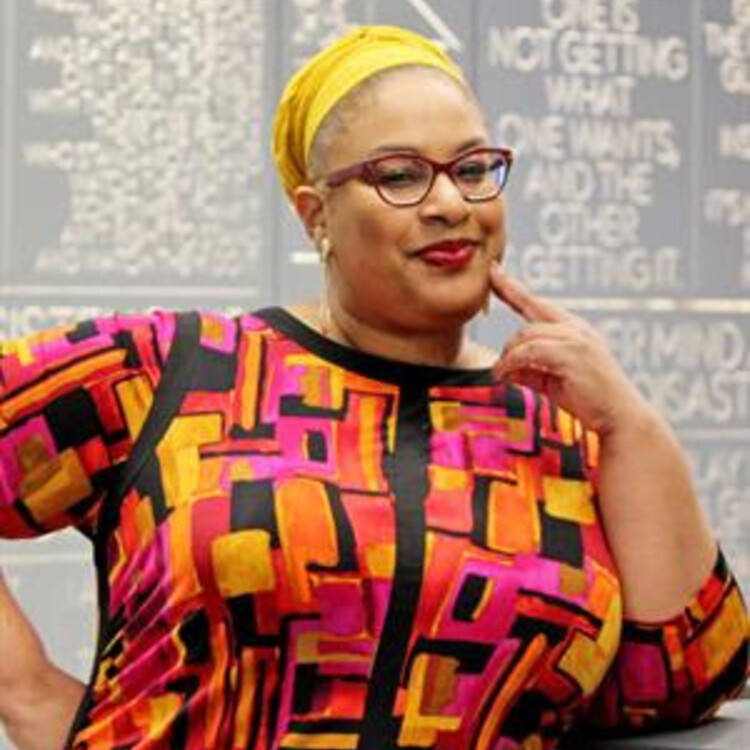
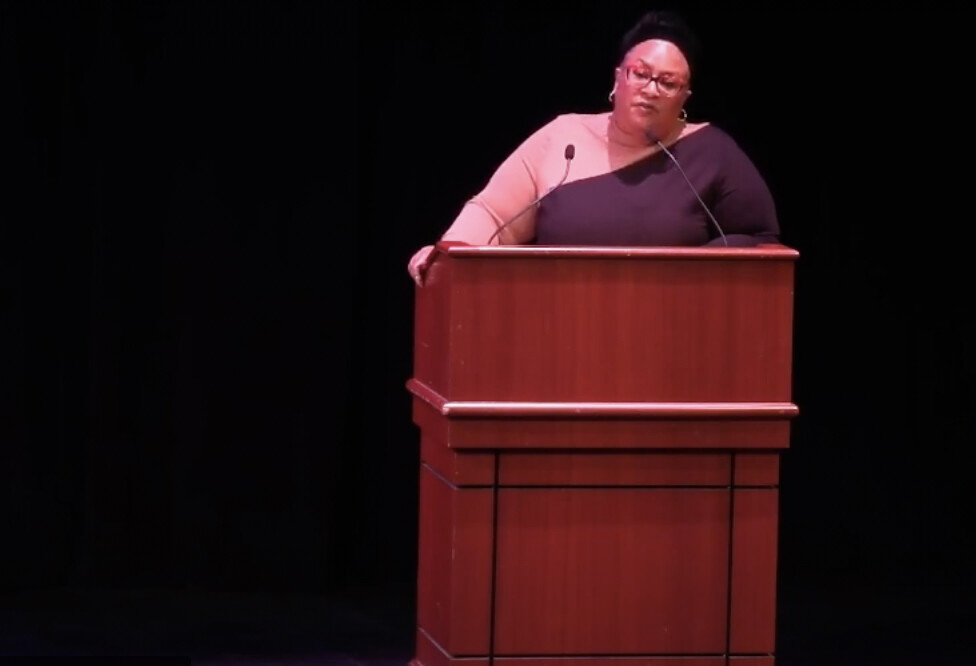
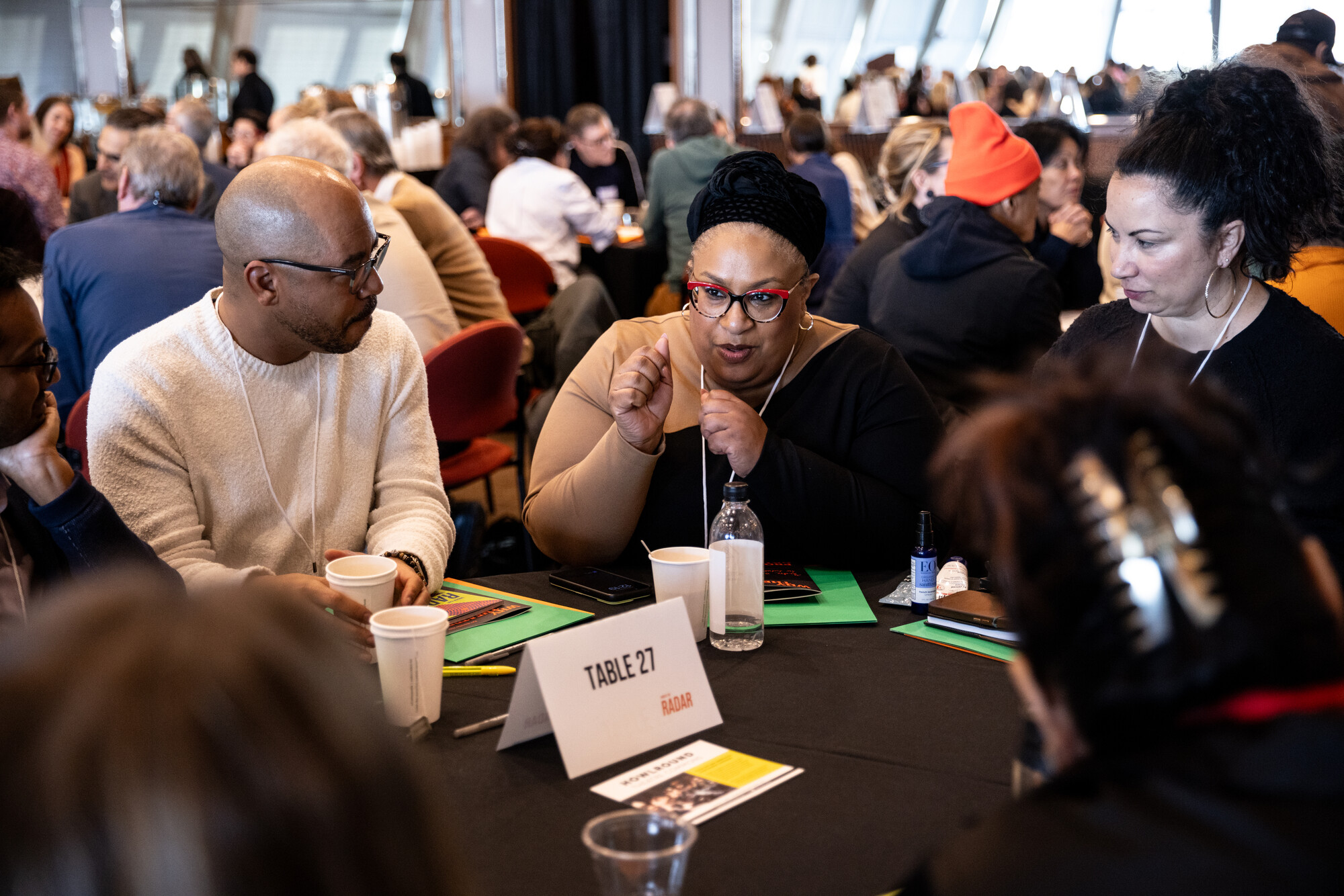

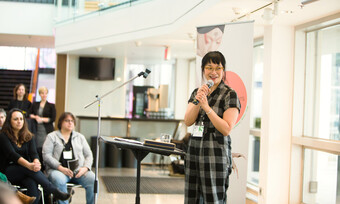


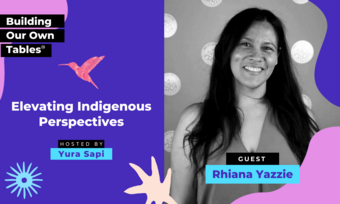


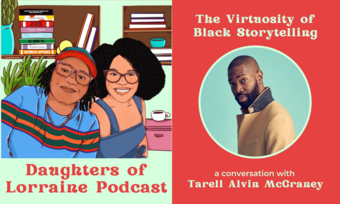



Comments
The article is just the start of the conversation—we want to know what you think about this subject, too! HowlRound is a space for knowledge-sharing, and we welcome spirited, thoughtful, and on-topic dialogue. Find our full comments policy here